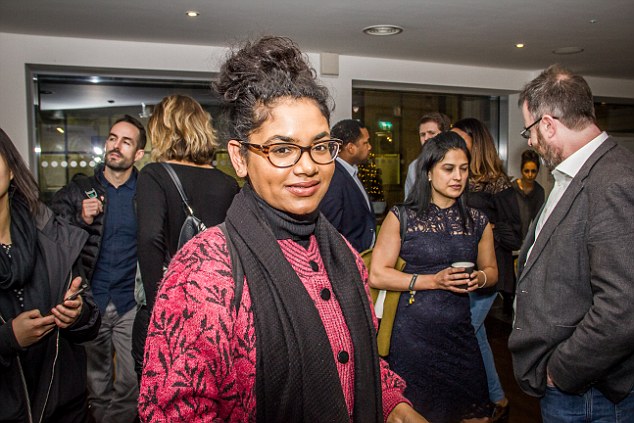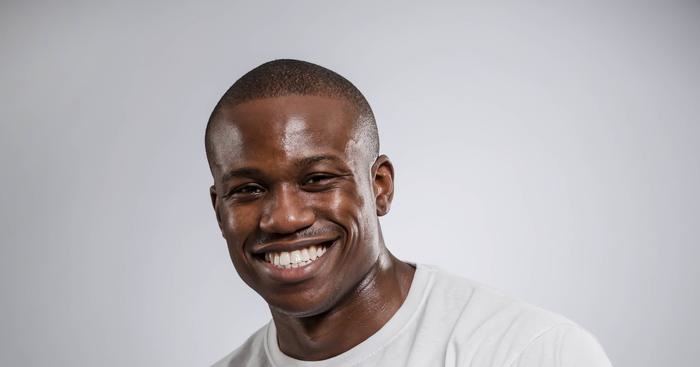Alexandria Prather is Director of Strategic Partnerships and the latest member of the senior staff at All Star Code. What’s your background? I’m originally from Indianapolis. I did undergrad at Indiana University (go Hoosiers!) where I majored in International Studies & Spanish, and then American University in Washington DC, where I earned a Masters in Public Policy. When I was in DC doing my Masters, I interned at the White House and worked in Leader Nancy Pelosi’s and Representative André Carson’s office. I also worked at The Brookings Institution, a
We are so used to the narrative of the starving artist, or the former star crashing and burning, I thought it would be interesting to take a look at those hip-hop artists using tech to buck the trend. The ones who have been wise enough to capitalize on tech’s slow coup-ted of every industry. The ones who have been investing in startups, raising capital and founding their very own. This is far from the canonical list, and I’ve missed out on many others [honorable mention to Chamillionaire, and of course Dr.
Tell us about yourself and what you do? I am a proud Londoner living in New York, passionate about creative marketing and innovation in the media tech space. This currently plays out for me in my day job at Verizon, where I work within the innovation team as a Senior Product Manager. I predominately lead teams of engineers, designers, and strategists to focus on how we can better video content experiences for the millions of customers globally. Verizon’s video content spans across their FIOS cable network, streaming services or range
When it really comes down to it, there are only three initial paths you can take as a startup founder. These three, according to Porter (in ‘Generic Competitive Strategies’) are: Cost leadership: low-cost provider in your space Differentiation: providing a unique product Focus/niche: pick a segment (geography, market or product) Three primary approaches to entering a market To bring a product to market with one of these three is not innovative regardless of how you finesse it on a pitch deck. Where it gets more interesting is in combining two of
In 2016 I discovered the library by our new home. It’s been amazing! I’ve been able to avoid buying books while being able to read them. Finding the library coincided with a lot of travel across the world. Throw on top of that a lot of time assisting startups, VestedWorld’s world-changing portfolio, and it’s made for a year filled with learning to do 3 things I love; improving company operations, reading and writing (culminating in Linkedin selecting me as a Top Voice for Technology and my publishing a book I
Here are a few lessons I picked up raising our seed round for Amaliah.co.uk. [All the investor quotes are genuine but anonymised]. 1. Don’t be put off Investor: “I simply believe that what you are doing is going to fail” Meh…. Everyone will have an opinion. Not everyone you meet will understand what it is that you are trying to do. As long as you know, that is all you need. 2. Know what words are sexy AI, Fintech, VR = Sexy Words 😍 E-commerce, advertising = Unsexy 😷
One of my favorite movies is Ratatouille because of it parallels to what it’s like being a minorty entrepreneur. One of the quotes from the film describes Anton Ego’s epiphany “Not everyone can become a great artist, but a great artist *can* come from *anywhere*.” The quote is empowering because it puts everyone on an equal playing field. It doesn’t matter if you didn’t go to a top school, came from a poor background or what gender you are, anyone can have a great idea for business. Running a startup
Co-Founder & CEO of ScanBite What made you decide to work in tech/get involved in tech? I’ve also wanted to run a business, and I’ve always loved health & fitness. As I learned more about business and successful entrepreneurs, I learned that staying ahead of the times is key. I also want to create something substantial or something much bigger than myself that can impact millions of lives. I knew it had to be tech and so that was that, I decided I wanted to become tech founder. What was an obstacle
If you base your next career transition on what I like to call “shiny career articles”, all you need to do is polish your resume, ace the interview, and get hired. So, when I needed to make a career transition, I thought that it would be easy. Almost four years later, I’ve learned better. Unlike the standard career advice that you get from “experts”, we all know that the job market can be messy and complicated (and sometimes petty, but that’s another issue). Despite that, we shouldn’t feel overwhelmed or
Empowering The Next Generation of Black Entrepreneurs In response to USAToday Article about Nas and Minority Entrepreneurs [and the many other articles on the topic], the problem is evident but without a real solution. Instead of writing about the problem again, I want to write about a solution from the viewpoint of a Black entrepreneur. To improve Black entrepreneurship, we must have successful Blacks guide entrepreneurs, strive for better ideas and bigger goals, and establish a community. Lack of Guidance From Other Black Entrepreneurs As an Entrepreneur, my progress cannot be













